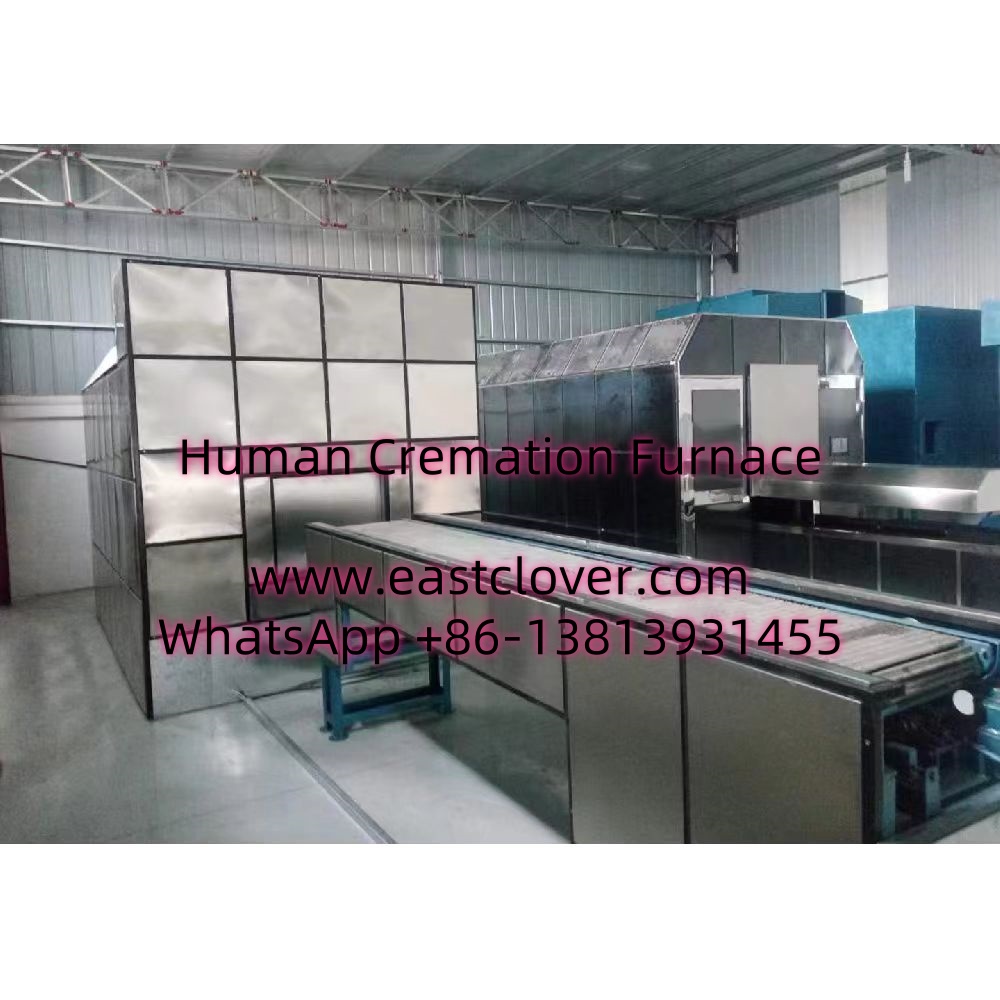Portable Cremation Furnaces: Analysis Pet Aftercare in Ethiopian Veterinary Clinics
In Ethiopia, the bond between humans and their pets is deepening as urbanization and economic growth drive pet ownership to new heights. Yet, the infrastructure for pet aftercare, particularly cremation services, remains underdeveloped. Traditional burial practices are often impractical in urban areas, and improper disposal of pet remains poses environmental and public health risks. Enter portable container pet cremation furnaces—a groundbreaking solution that is transforming how Ethiopian veterinary clinics manage pet aftercare.
Why Portable Cremation Furnaces Matter
Portable cremation furnaces are compact, mobile units designed to safely and efficiently cremate animal remains. Unlike fixed facilities, these systems can be transported to veterinary clinics, shelters, or disaster sites, offering flexibility and accessibility. Here’s how they’re making a difference:
- Portability: Their compact design allows deployment in remote or underserved regions, where centralized crematories are nonexistent.
- Cost-Effectiveness: They eliminate the need for expensive infrastructure, making pet cremation affordable for middle-income pet owners.
- Environmental Safety: Advanced filtration systems reduce harmful emissions, addressing air quality concerns in densely populated cities like Addis Ababa.
- Dignity for Pets: Clinics can offer grieving families a respectful and hygienic way to honor their companions.
The Ethiopian Context: Challenges and Opportunities
Ethiopia’s veterinary sector is rapidly evolving, with clinics increasingly offering advanced medical services. However, end-of-life care for pets has lagged due to:
- Limited awareness of cremation as an option.
- Cultural preferences for burial, which clash with urban space constraints.
- Lack of regulatory frameworks for animal remains disposal.
Portable cremation furnaces bridge these gaps by providing a scalable, culturally adaptable solution. For example, a veterinary clinic in Bahir Dar recently adopted a portable unit, reducing burial-related conflicts with local authorities by 70% within six months.
Case Study: A Clinic in Addis Ababa
In 2023, a leading veterinary clinic in Addis Ababa integrated a portable cremation furnace into its services. The results were transformative:
- Client satisfaction rose by 40%, as families appreciated the option to preserve ashes in urns.
- The clinic reduced its biological waste management costs by 30%.
- Local environmental agencies praised the reduction in improper disposal incidents.
www.southclover.com
Portable container pet cremation furnaces represent a critical step forward in Ethiopia’s veterinary care landscape. By combining affordability, environmental stewardship, and respect for bereaved pet owners, these systems empower clinics to offer holistic services. As awareness grows and adoption spreads, Ethiopia could serve as a model for other African nations seeking sustainable pet aftercare solutions.
Frequently Asked Questions
Are portable cremation furnaces safe?
Yes. Modern units include temperature controls and emission filters to ensure safety and compliance with environmental standards.
How much does a portable furnace cost?
Prices vary, but units designed for small clinics typically range from $3,000 to $10,000 USD, depending on capacity and features.
Can these furnaces handle large animals?
Most portable models are designed for pets under 50 kg. Specialized units for livestock require higher capacity and are less common in Ethiopia.
Is cremation culturally accepted in Ethiopia?
While burial remains prevalent, urbanization is shifting attitudes. Clinics report growing interest, particularly among younger, city-based pet owners.
How do clinics dispose of ashes?
Ashes are returned to families in biodegradable urns or scattered in designated areas, following local guidelines.

Comments are closed